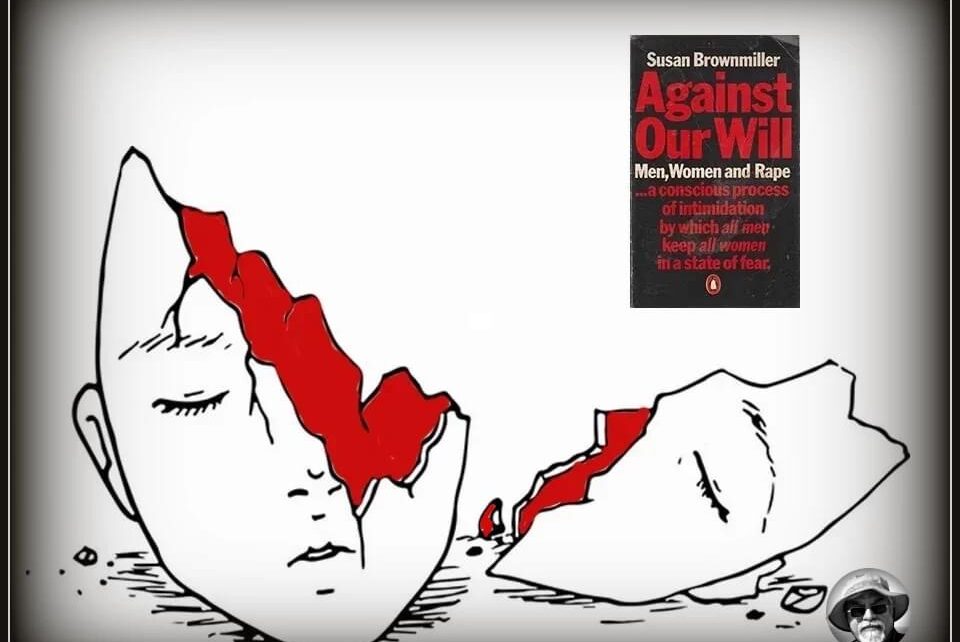Volume 13 Issues 10 October, 2023

Senior Consultant Psychiatrist,
Bangalore, Karnataka
During my earlier days at NIMHANS, I was shocked by an incident that happened not very far away from the campus. One evening when a woman was walking along the busy Double Road, she was forcefully taken away and raped. She was a married working woman who was walking home after the day’s work. I was troubled and wondered about the mind-set of the person who did the dastardly act. Wanting to understand more about rape, I went over to the Select Bookshop and asked Mr Murthy whether he could suggest a book that could offer me a broader perspective about this inhuman act. He rummaged through the crowded bookshelves and handed over a copy of Susan Brownmiller’s ‘Against Our Will’ which was published in 1975.
Man’s discovery that his genitalia could serve as a weapon to generate fear must rank as one of the most important discoveries in prehistoric times, along with the use of fire and the first crude stone axe. From prehistoric times to the present, rape has played a crucial function.
It is not an easy read as it is filled with incidents and details of rape throughout history. Susan Brownmiller outlines the history, politics, and sociology of rape and the and how it continues to profoundly affect women’s lives. What was profoundly insightful was reframing rape as an act of power, fundamental to the patriarchal domination of women. The chapter ‘Power: Institution and Authority’ best expresses the main thesis of the book that rape is the primeval and the ultimate act of subjugation. Surveys show that a vast majority of rapes are planned. This goes to disprove the theory that the rapist is usually ‘provoked’ by the flimsy clothing worn by the victim, and is overcome by an overpowering physical urge. In fact, the rapist is asserting his power and urge to dominate, “Man’s discovery that his genitalia could serve as a weapon to generate fear must rank as one of the most important discoveries in prehistoric times, along with the use of fire and the first crude stone axe. From prehistoric times to the present, rape has played a crucial function. It is nothing more or less than a conscious process of intimidation by which all men keep all women in a state of fear. …That some men rape provides a sufficient threat to keep all women in a constant state of intimidation…”
She goes on to comment, “A world without rape would be a world in which women moved freely without fear of men. That some men rape provides a sufficient threat to keep all women in a constant state of intimidation, forever conscious of the knowledge that the biological tool must be held in awe for it may turn to weapon with sudden swiftness borne of harmful intent.”
In light of the recent event in Kolkata her observation is quite prescient, “All rape is an exercise in power, but some rapists have an edge that is more than physical. They operate within an institutionalized setting that works to their advantage and in which a victim has little chance to redress her grievance.”
Even though there have been some criticisms of her perspective on rape, I agree with her that “Oppression thrives on silence. In order to resist, we must break the silence and speak out against injustice.”

